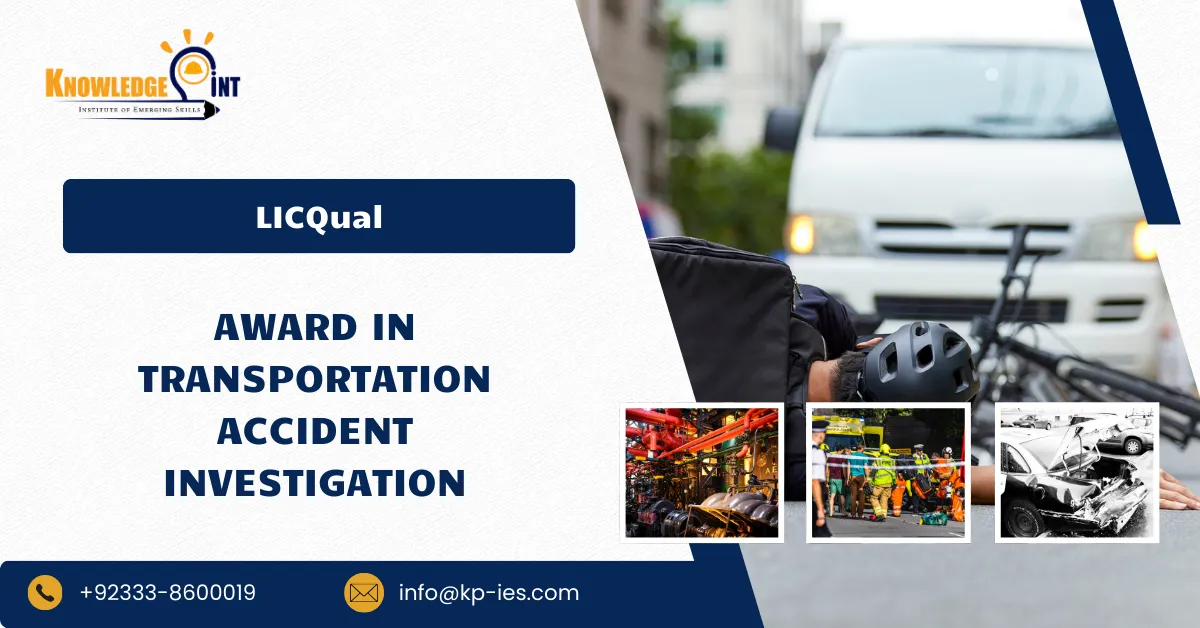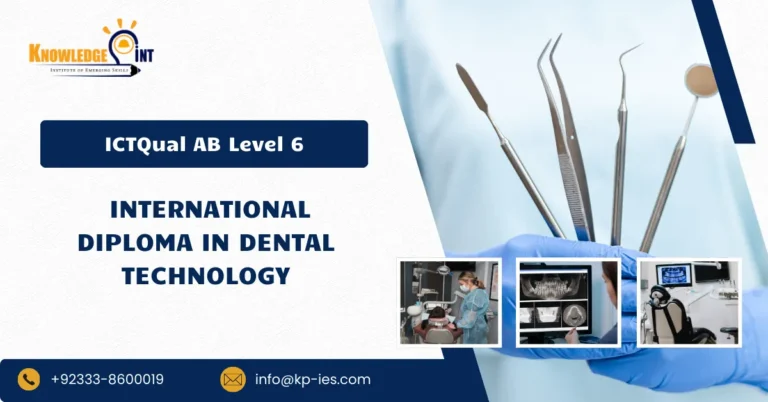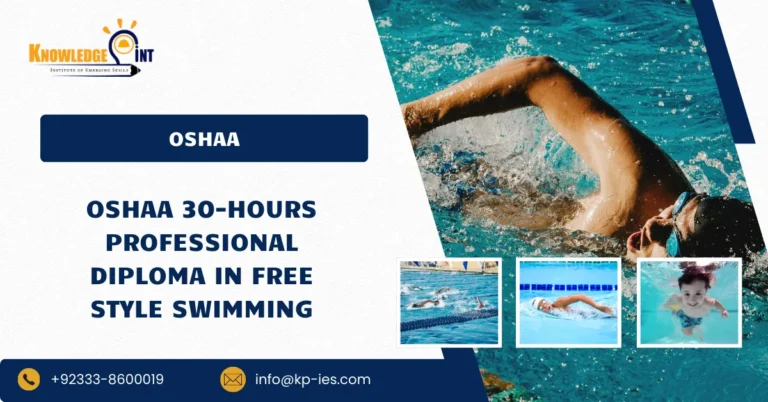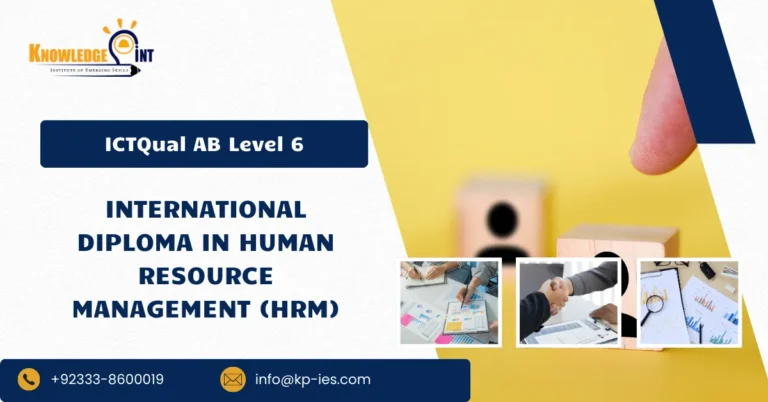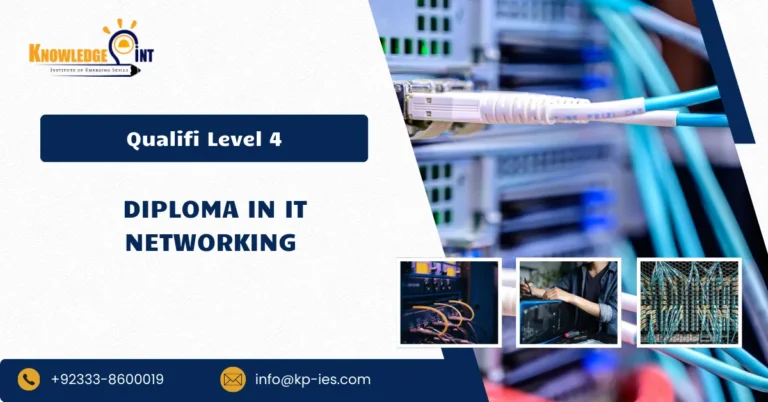Transportation accidents—whether on the road, rail, air, or sea—can have serious consequences, including loss of life, property damage, and long-term disruption. Proper investigation is critical to identify causes, assign responsibility, and prevent recurrence. This requires trained professionals who understand investigative procedures, evidence handling, and the complex legal frameworks that govern transportation safety.
The LICQual Award in Transportation Accident Investigation equips learners with the skills and knowledge needed to conduct systematic accident investigations across different modes of transport. From gathering evidence at a road traffic collision to analyzing aviation or maritime incidents, this program prepares learners for roles in safety management, compliance, and regulatory investigation.
Course Overview
The diploma consists of 6 mandatory units
- Introduction to Transportation Accident Investigation
- Investigative Techniques for Road Traffic Accidents
- Rail, Air, and Maritime Accident Investigations
- Evidence Collection and Preservation in Transportation Accidents
- Legal and Regulatory Frameworks in Transportation Accident Investigation
- Report Writing and Communicating Investigation Findings
Learning Outcomes for LICQual Award in Transportation Accident Investigation
1. Introduction to Transportation Accident Investigation
- Understand the purpose and scope of transportation accident investigations.
- Identify the principles of causation and contributing factors in accidents.
- Recognize the importance of systematic investigation to improve transportation safety.
2. Investigative Techniques for Road Traffic Accidents
- Learn how to secure road traffic accident scenes effectively.
- Apply techniques such as skid mark analysis, vehicle inspection, and witness interviewing.
- Document road accident evidence to support accurate reconstruction.
3. Rail, Air, and Maritime Accident Investigations
- Gain awareness of specialized methods for investigating rail, aviation, and maritime incidents.
- Recognize the unique safety standards and regulatory requirements in each sector.
- Understand the roles of specialized investigation bodies (e.g., NTSB, AAIB, MAIB).
4. Evidence Collection and Preservation in Transportation Accidents
- Apply correct techniques for collecting, labeling, and preserving accident evidence.
- Understand chain-of-custody requirements to maintain evidence integrity.
- Demonstrate skills in photographing, sketching, and recording transportation accident scenes.
5. Legal and Regulatory Frameworks in Transportation Accident Investigation
- Explore international and national regulations governing transport accident investigations.
- Recognize investigator responsibilities in relation to law, ethics, and public safety.
- Apply knowledge of compliance standards such as ICAO (aviation), IMO (maritime), and national road safety laws.
6. Report Writing and Communicating Investigation Findings
- Develop structured reports that present investigation findings clearly and objectively.
- Use charts, diagrams, and evidence summaries to enhance report clarity.
- Communicate results to stakeholders, ensuring transparency and professionalism.
Benefits of the LICQual Award in Transportation Accident Investigation
- Gain practical knowledge of accident investigation across multiple transport sectors.
- Build skills in evidence collection, analysis, and reporting.
- Understand legal and regulatory obligations in transportation safety.
- Strengthen their ability to contribute to accident prevention and safety improvements.
- Enhance career prospects in transportation, safety management, and compliance roles.
Upon completion of the LICQual Award in Transportation Accident Investigation, learners may progress to:
- LICQual Level 2 Award in Accident Investigation.
- Advanced qualifications in Forensic Investigation or Safety Management Systems.
- Specialized training in Aviation Safety, Road Traffic Reconstruction, or Maritime Law.
- Professional roles in government agencies, insurance investigation, or transport safety departments.

